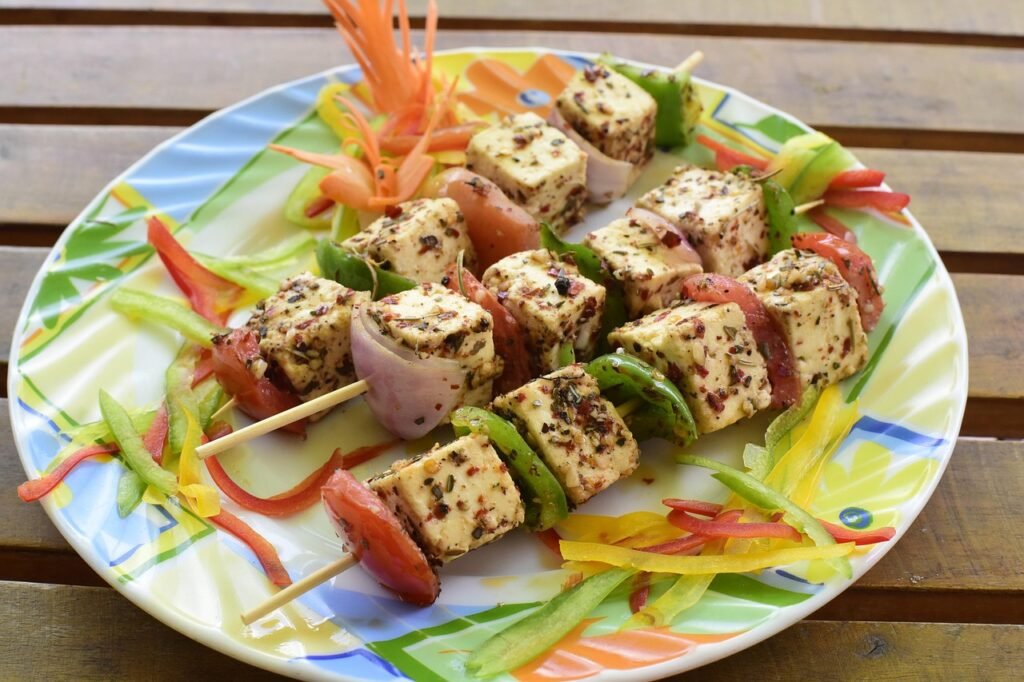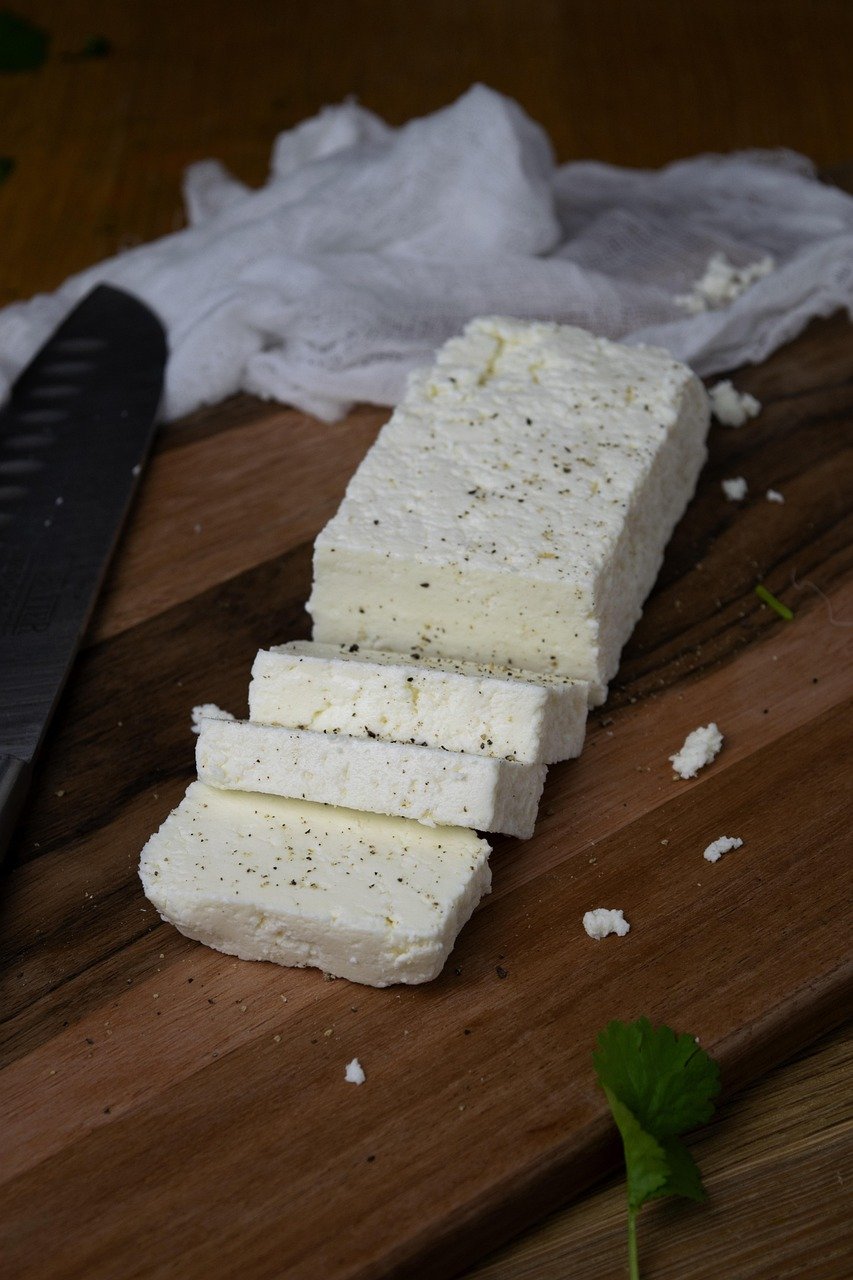Paneer is a favorite food in almost every Indian home. It’s a great source of protein and adds richness to many traditional dishes. But a growing issue in India has caught everyone’s attention – the rise of fake or imitation paneer. This artificial version is made using cheap substitutes like vegetable oil, starch, and chemicals instead of pure milk. While it may look like real paneer, it lacks nutrition and can be harmful to your health.
What Is Fake Paneer
Fake paneer, also called analogue paneer, is made to look and feel like traditional paneer but without using real milk or milk fat. It often contains vegetable oil, starch, and artificial coagulants that copy the texture of real paneer. The result might look the same, but it doesn’t give you the protein, calcium, or healthy fats that real paneer provides. In fact, fake paneer may include trans fats or unsafe chemicals that can lead to long-term health problems.
Why Fake Paneer Is Spreading
The main reason for fake paneer production is cost-saving. Milk prices have been increasing, so some sellers and small manufacturers use cheaper materials to make more profit. These fake products often appear in unregulated markets, street food stalls, or local catering units. According to food safety reports, some imitation paneer even includes chemical whiteners and non-edible oils, which can cause serious digestive problems and health issues.
Health Risks of Fake Paneer
Eating fake paneer regularly can cause many health problems. Artificial coagulants can lead to stomach cramps, nausea, or acidity. trans fats from vegetable oils can increase cholesterol and affect heart health. Some whitening agents used are not food-grade and can be toxic. Since fake paneer lacks vitamins and minerals, it can also lead to nutrient deficiency and weak immunity over time.

Is Packaged Paneer Safe?
To understand whether packaged paneer is safer, food expert Revant Himatsingka, known as “Food Pharmer,” tested 11 different paneer brands in a lab. In his viral video, he found that popular brands like Amul Fresh, Amul Malai, Gowardhan, and Humpy A2 paneer passed all safety tests. Even high-protein options like ID High Protein, Milky Mist, and Desi Farms paneer were found to be safe.
However, when paneer from local dairies and street vendors was tested, many failed. Samples from items like Paneer 65, Paneer Crispy, and Paneer Tikka didn’t meet the safety standards. This shows that packaged branded paneer is generally a safer choice compared to unbranded or street-sold versions.
How to Identify Fake Paneer at Home
You can check paneer quality at home with a few simple methods;
- Texture test: Real paneer feels soft but firm, fake paneer feels rubbery or greasy.
- Smell test: Real paneer has a natural milky aroma; fake paneer smells oily or artificial.
- Hot water test: Drop a small piece in hot water. Real paneer stays firm, while fake paneer may dissolve or leave an oily layer.
- Burn test: When heated, real paneer smells like milk; fake paneer gives a plastic – like smell.
When buying packaged paneer, check for an FSSAI license number, manufacturing and expiry date, and ensure it’s stored below 8°C.
Tips for Safe Buying
- Always buy paneer from reputed brands or hygienic dairies.
- Avoid extremely cheap paneer sold in open markets.
- Make sure paneer is sold in sealed, labeled packets and properly refrigerated.
- Try making paneer at home using fresh milk for best quality.
- Report suspicious or unsafe paneer to food safety authorities.
Paneer is one of India’s most loved and healthy foods, but its purity is now at risk. Consumers must stay alert and informed. By knowing how to spot fake paneer and choosing safe, branded options, you can keep your meals delicious, nutritious, and worry-free.





















